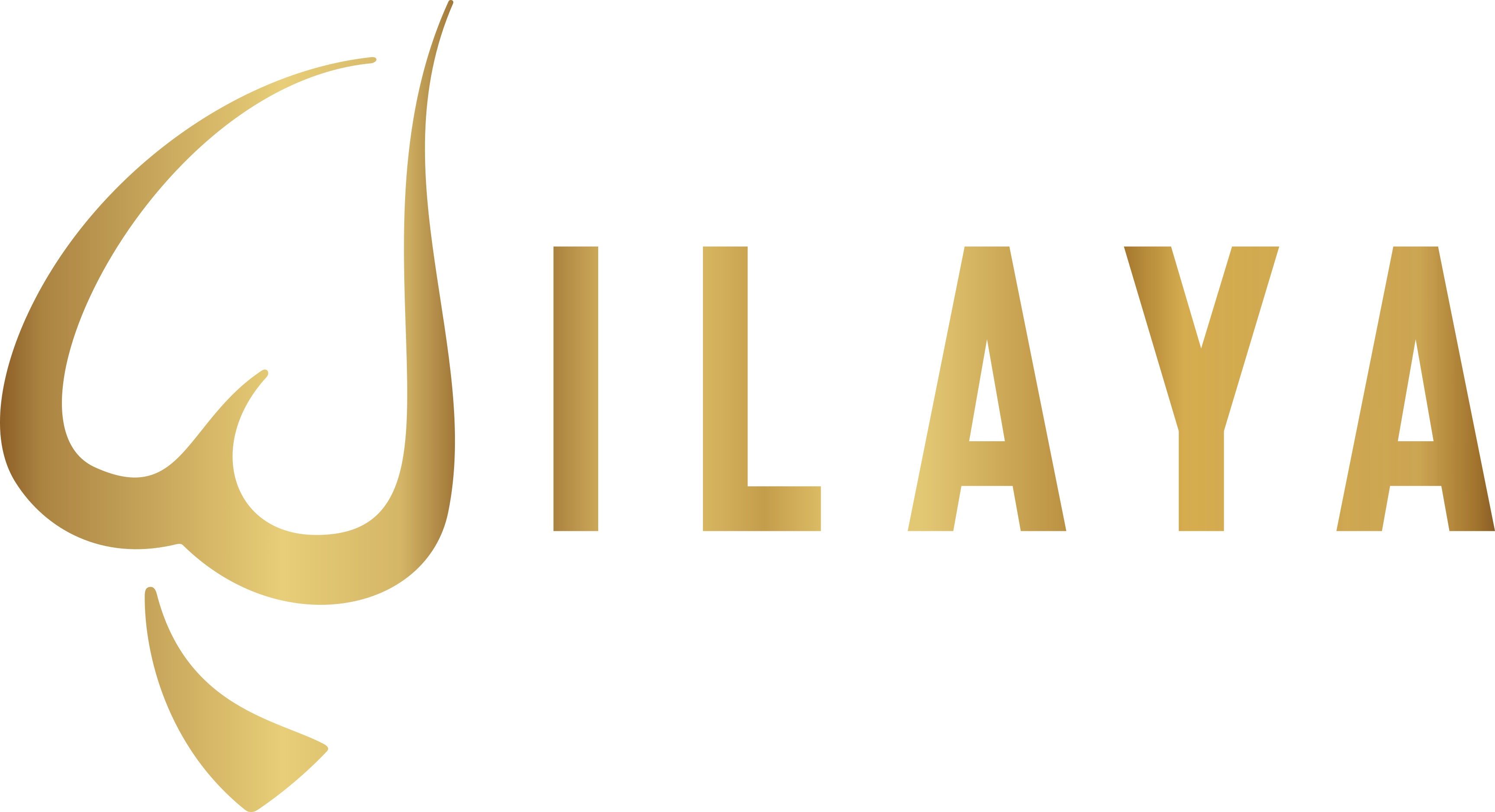
Islamic Medicine
 Like all traditional forms of medicine, Islamic medicine is holistic and provides various therapeutic means to healing such as dhikr (remembrance of God through repetition of His Name and Attributes), prayers, dietary adjustments, aroma and herbal therapy. This wholeness stems from Islam’s cosmic vision of creation in which all creatures are closely linked. The body, which is referred to as the microcosm, is viewed as a reflection of the universe, which is the macrocosm. Wellness is a product of the interactions between these two worlds.
Like all traditional forms of medicine, Islamic medicine is holistic and provides various therapeutic means to healing such as dhikr (remembrance of God through repetition of His Name and Attributes), prayers, dietary adjustments, aroma and herbal therapy. This wholeness stems from Islam’s cosmic vision of creation in which all creatures are closely linked. The body, which is referred to as the microcosm, is viewed as a reflection of the universe, which is the macrocosm. Wellness is a product of the interactions between these two worlds.
Preventative medicine is the most important means to health preservation. According to traditional Islamic and Yunani science, natural medicine may be used to cure any imbalances, the liver plays an important role in producing and maintaining the required proportions, and a person becomes sick when the proportions are altered.
Imam Ali ibn Musa Ridha (A) has said: When Allah SWT tries a servant with a disease, he assigns a medicine to him in order to cure him with it, and for every type of disease there is a particular type of medicine, conduct and prescription. This is because the body has been created like a kingdom. The king’s house is his heart, his land is the body and his helpers are the hands, legs, eyes, lips and tongue. His storekeepers are the stomach and abdomen, and his chamberlain is the chest.
Therefore, the hands are two helpers who bring things near, take them away and work as the king commands them to. The legs carry the king to wherever he wishes to go. The eyes lead him to what is not visible to him; because he remains behind veils, the only way for him to gather information is through the eyes. Both eyes also serve as two lamps for the king. The ears are like a fortress and a dungeon; they allow entry only to whom and to what the king permits. Indeed, these two organs are not capable of giving permission for entry to the king unless he orders them to do so. Check in next week to see more on the kingdom of the body.
AN
Share

